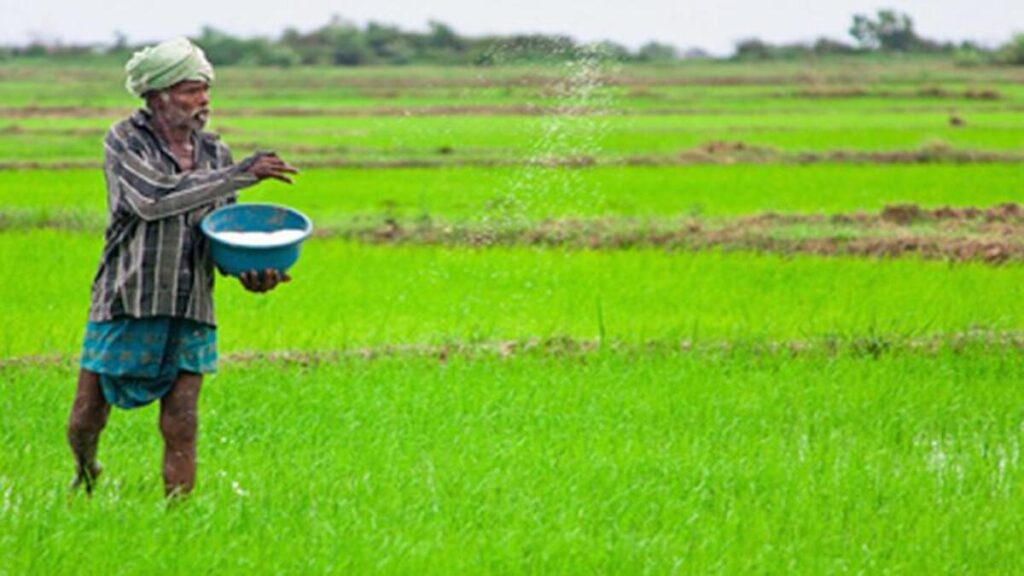Colombo Sri Lanka (Commonwealth Union)_The economic crisis including the ban of fertilizer from about two years ago has seen Sri Lanka’s farmers, especially smallholder farmers having their paddy crop production spiral downwards, resulting in the country now facing an unprecedented agriculture and food security crisis. The Food and Agriculture Organisation (FAO) in Sri Lanka and European Union (EU) flagged the issue, especially the impact on vulnerable farmers and is allocating LKR 1.5 billion, the equivalent of Euro 4 million for fertilizer, seed and training for these farmers to become more resource efficient, productive and sustainable.
Smallholder farmers cultivate land of up to half a hectare but have faced immense hardships due to two harvesting seasons seeing massive crop failures due to lack of fertilizer and other inputs. The reduction of income thus impacted the farmers’ ability to provide essentials including food, healthcare and education for families.
The agreement was signed by Sri Lanka’s Minister of Agriculture Mahinda Amaraweera, EU Ambassador Denis Chaibi and FAO Representative Vimlendra Sharan, with the FAO tasked with implementing the project. The FAO works closely with the Ministry of Agriculture and the Ministry of Irrigation which makes the process of implementation that much easier.

The project aims to support 41,000 smallholder farmers in the districts of Polonnaruwa, Badulla, Ampara and Hambantota with 50 kilogram bags of fertilizer for the 2023 Yala cropping season. Extension workers and farmers will be given capacity building on the efficient use of fertilizer to improve long term soil fertility. To meet the current demand for seed paddy, the project will lead farmers to grow quality seed and strengthen government owned farms in growing and processing certified paddy seed.
The EU explains that by teaming up with the FAO, the two organisatons intent is to help bring Sri Lanka’s agriculture back on track, preventing food shortages and increasing farmer income. This will be achieved by providing the highly essential inputs of fertilizer and seed. Training is vital too, to ensure less resource intensive paddy cultivation practices which ultimately will create a more sustainable, resilient and productive agriculture industry in the country. The engagement will also reduce the agriculture industry’s reliance on chemical fertilizer in a two pronged effort of increasing both the efficiency of the use of fertilizer and increasing yield.







